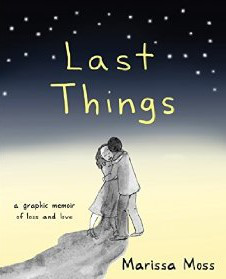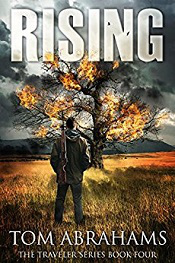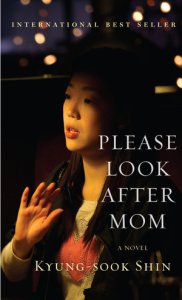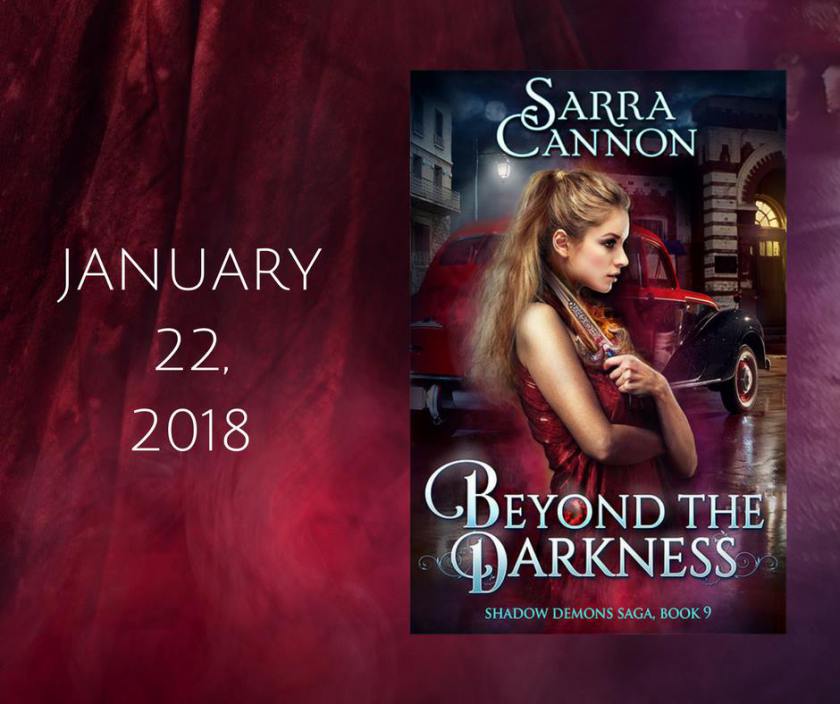
An uncredited reviewer in Publishers Weekly writes: “Deeply affecting and harrowing… This is not a sentimental story of how suffering ennobles people. Moss’s deliberately naive drawings effectively accompany her painfully direct text…The fact that the family does endure is impressive, and this book demonstrates how art can transmute suffering into literature.”
S/he is right on the mark. Moss is a successful children’s author best known for the Amelia’s Notebook series has written and drawn the most grown-up of books. When her husband, Harvey, is diagnosed with ALS, he becomes more and more distant from the family, and there is no easy resolution to their relationship or his illness. This is not an illness story where everyone becomes a better person, but eventually, as Moss writes in her introduction it is about the “strong bonds of family and how they can sustain us.”
Everything about the book brings home the situation they find themselves in. Like life, it has to be lived, and like life, there are ups and downs: many, many downs. Moss is clear-eyed about what the disease is, what it does to Harvey, how she and the kids react. In a way, this with the clear text and the expressive drawings and varied and inventive design of the pages to suit to the story would be enough. But what makes this a great book is that alongside the story of the family and the illness, There is more. Beyond the day to day, there is the life of the mind. Of connecting to the thoughts and history of humanity. For Harvey, a professor of medieval art, this involves hanging on to his intellectual journey trying ever more desperately to finish his book Picturing Kingship on King Louis IX’s personal prayer book. He cuts himself off to write his last work. King Louis is christian, the family are Jews. And for the family it is Judaism and life-cycle events of a bar mitzvah and later on sitting shiva for Harvey when he dies that locate the mundane in a wider world. Human beings live, love, struggle and die, but our minds put this all in the context of humanity.
Book Trailer:
Review from The Forward
Washing Post article about the Jewish aspects of the book
Publishers Weekly review
Kirkus Review





